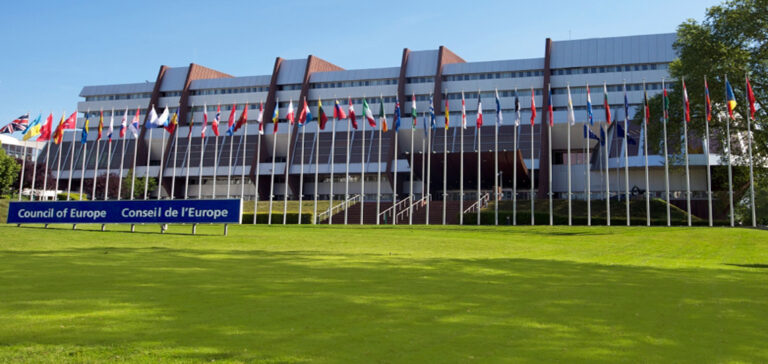A reform of the European electricity market is being discussed by the EU-27, against a backdrop of bitter nuclear talks between Paris and Berlin. This is a crucial piece of legislation for the energy transition, which is now being negotiated between the Member States and MEPs with a view to its finalization. Here are the key points:
Long-term contracts for lower bills
Wholesale electricity prices depend on the cost of the last power plant used to balance the grid. Moreover, last year the market soared in unison with gas prices. Without structurally altering the way the wholesale market operates, the European Commission is proposing a reform. It intends to develop long-term electricity purchase contracts at a pre-determined price (PPA) to smooth out the impact of volatile gas prices on bills.
Governments will be responsible for encouraging this, for example by setting up public guarantee schemes to cover the credit risks of buyers, especially businesses. The text also aims to ensure that retail electricity suppliers have appropriate hedging, potentially by requiring the use of PPAs, to reduce their exposure to wholesale market volatility. Consumer protection would be strengthened, particularly for vulnerable customers.
Supporting investment in decarbonized energies
After a transitional period of three years, the EU-27 agreement makes it compulsory to use “contracts for difference” (CFD) at a price guaranteed by the State for all public support for investment in new decarbonized power plants (renewable and nuclear). Under this mechanism, if the price on the wholesale market falls below the set price (which takes into account the average cost of production plus a margin), the State pays compensation to the electricity producer. But if the price is higher than the guaranteed price, the producer must pay the additional income to the State, which can then redistribute it to consumers (industry, households, etc.) or reinvest it. Their aim is to encourage the development of low-carbon energy projects. Then to guarantee greater predictability for investors and electricity producers alike.
Existing nuclear power plants
This was the most hotly debated point, both in Parliament and between the States. Brussels proposed that the use of CFDs should also apply to investments designed to extend the life of existing power plants. Or to increase their capacity (here again, only decarbonized energies are concerned). It is essential for France, which wants to finance the refurbishment of its aging nuclear fleet. In addition, it can maintain low prices for households and industry, reflecting the production costs of the atom. Berlin, on the other hand, feared an unfair competitive advantage. He was alarmed at the massive revenues redistributed to French manufacturers, and demanded drastic safeguards.
Finally, the agreement of the Twenty-Seven provides for CFDs to be possible. However, they are not mandatory for public support for investments in existing power plants. Brussels should therefore check these CFDs and their prices to ensure that they are set up in such a way as to “participate effectively in electricity markets”. All this without “distorting competition”. At the same time, we need to ensure that the redistribution of revenues generated “does not distort conditions of competition” within the EU.
Reserve capacities: the case of coal
Another topic of debate: “capacity mechanisms”. They enable governments to pay for unused power plant capacity. This is to ensure that they remain in operation and avoid future power shortages. Several countries wanted to be exempted from the planned environmental constraints (CO2 emission limits). Poland, for example, is keen to apply this tool to its coal-fired power plants. The EU-27 agreement provides for a conditional derogation until 2029. A potential “coal subsidy” deemed unacceptable by Green MEP Michael Bloss, one of the Parliament’s negotiators.
Crisis situations
The text lays down the conditions (sharp rises in wholesale and retail prices) for triggering a crisis situation at European level, paving the way for price control measures (such as tariff shields) by the Member States. But if the MEPs agree to leave it up to Brussels to decree such a crisis, the Member States want to keep the upper hand by taking decisions by qualified majority. The possibility of using other measures, such as capping electricity producers’ revenues, is also being debated.
All in all, this reform of the European electricity market is a crucial step towards energy transition. It aims to guarantee a stable supply of energy, favoring low-carbon energies and protecting consumers. The compromise between the Twenty-Seven reflects divergent interests, but Europe is moving towards a more sustainable energy future.






















